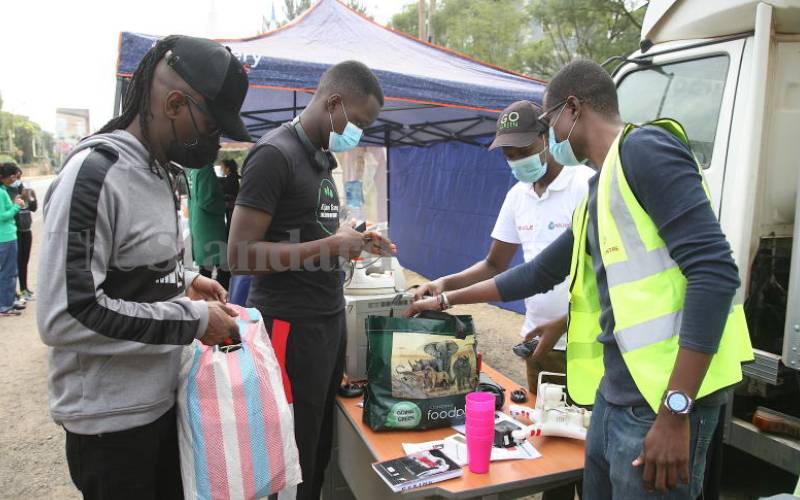×
The Standard e-Paper
Kenya’s Boldest Voice

A group of environmental conservationists has embarked on a waste collection drive in Nairobi’s Kilimani.
The exercise, conducted by Kilimani Project Foundation on Saturday, saw residents deliver solid waste to various recycling companies that collect plastic bottles, papers, electronic and textile waste.